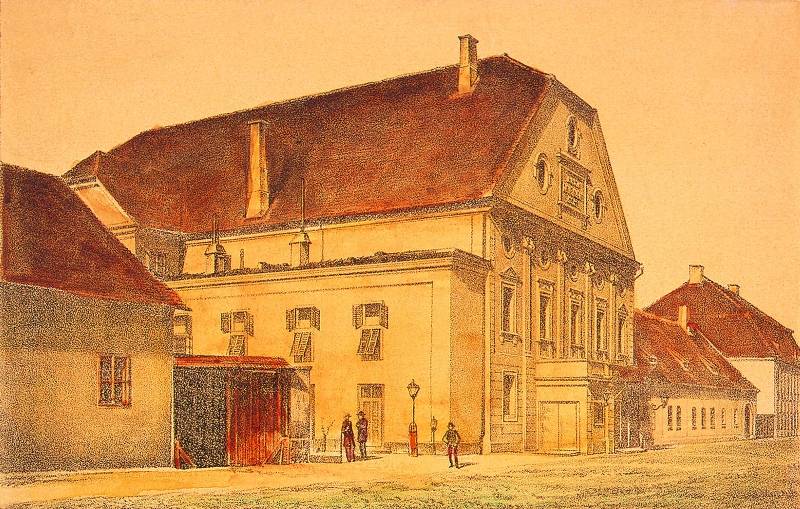On Saturday, Cluj-Napoca celebrated with a theater history walk and a talk about the history of the theater, which started in the city 230 years ago and has continued since then.
As the Cluj-Napoca State Hungarian Theater cited in its announcement announcing the event: the National Theater Company began its performances in Cluj-Napoca on December 17, 1792, by presenting the play A secret opposition or Köleséri, and with this the continuous Hungarian theater life in Cluj-Napoca began. Prior to this, in October 1792, the noble young actors led by János Fejér submitted a request to the royal cabinet and the parliament to be able to perform plays written in Hungarian in Cluj and anywhere in Transylvania.
Theater historian and theater researcher Adrienne Darvay recalled to MTI after the afternoon discussion: the Pest-Buda Professional Theater Company held its first performance two years before the Cluj-Napoca Theater, but in the struggle for play licenses, this company was disbanded, then re-formed in 1792, but four years later it was discontinued again. The theater historian recalled that in Transylvania, the young people of the Reformed College in Nagyenyed, founded by Gábor Bethlen, first asked for permission to present and perform plays in their native language. Then they signed a contract with the members of their troupe in Cluj-Napoca, and with this the National Play Society was established, of which János Patkó Kócsi soon became the artistic director. He believed:
The situation in Cluj was different from that in Pest-Buda in that the theater found a supportive environment here from its formation in 1792. The public, the nobility, and the bourgeoisie also supported the institution, and this ensured its continuity.
Adrienn Darvay Nagy said: in her upcoming book she writes about how
Hungarians have always had two national theaters. Budapest and Cluj.
On the morning of the 230th anniversary of Hungarian theater in Cluj-Napoca, those interested can take part in a theater history walk led by Erzsébet Salat-Zakariás, which touched on the important locations of Hungarian theater in Cluj-Napoca and the Házsongárdi cemetery, where many prominent artists are buried.
During the afternoon theater history discussion, Gábor Tompa, director of the Cluj State Hungarian Theater, asked theater historian Adrienn Darvay Nagy.
On the evening of the anniversary, Áron Tamási's play Ősviggastlás is on the theater's program. The still barely known Áron Tamási submitted the play anonymously in 1924 to the drama competition of the Hungarian Theater in Cluj-Napoca, then run by Jenő Janovics.
MTI
Photo: erdelyinaplo.ro












